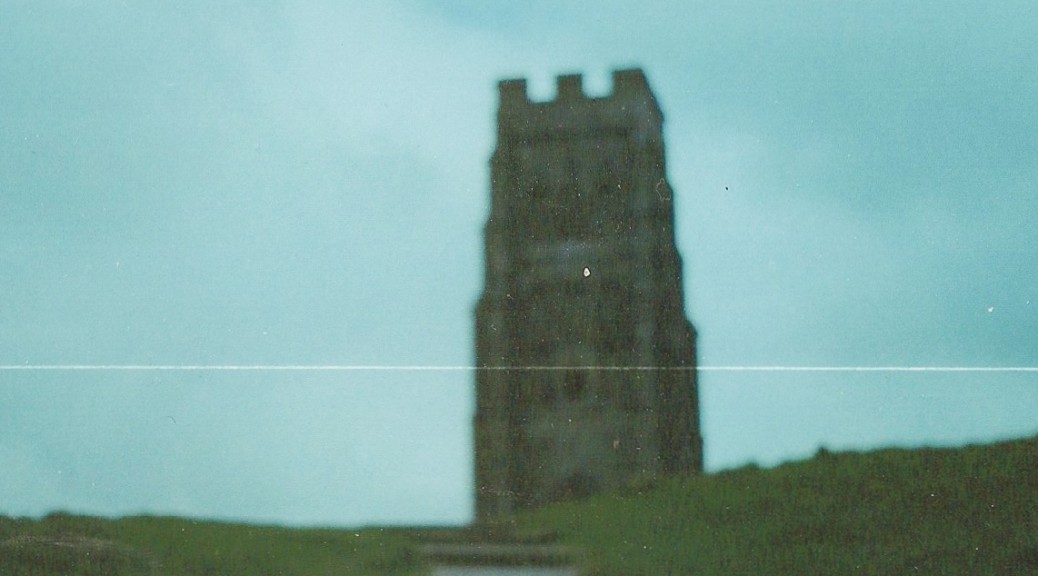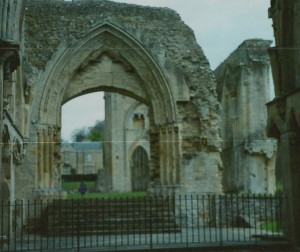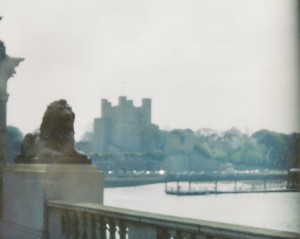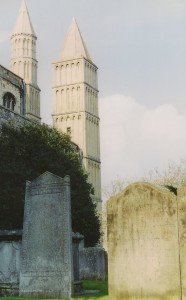Welcome to Glastonbury in this and the main picture…I am also watching Elizabeth on the telly and anticipating my trip in May I thought I’d look at the effect that the invasion of the Romans on this little out of the way isle of Britain so long ago. By the way though not all my personal pictures today are in Glastonbury, they are all taken in England.
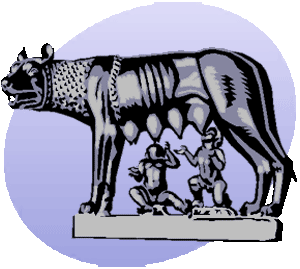
“the vicissitudes of fortune, which spares neither man nor the proudest of his works, which buries empires and cities in a common grave.”
― Edward Gibbon, The Decline and Fall of the Roman Empire


OTTOWA CANADA SOUVENIR SMALL (5X5 inches) DISH (262293845848) $6.90


They clean up well
Look at the books and more–all things Outlander
http://libguides.nhclibrary.org/outlander
 where do they keep finding these hot men? Give me the address—I want to go there myself.
where do they keep finding these hot men? Give me the address—I want to go there myself.

“It was an inflexible maxim of Roman discipline that good soldier should dread his own officers far more than the enemy”
― Edward Gibbon
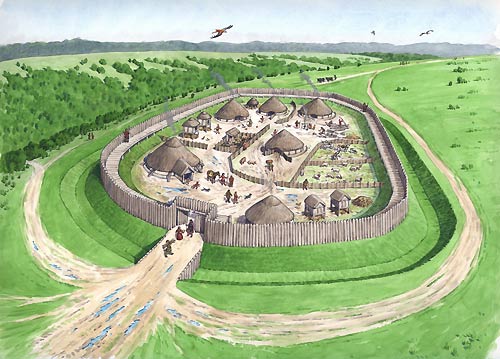
So I thought I’d look on a pagan/then Christian Empire that goes with my movie, my future trip and my ramblings so far this week.
Britain was a tribal land, with different areas ruled by tribal chiefs–think Scottish Clan type gatherings prior to the Romans. A land where farming was the main occupation, where wooden (and wattle) houses set on isolated farms and warlords set behind wooden walls on top of hill forts and the people swore loyalty and thus gained his army’s protection of his tribal territory.
There was no central order, no major towns, even small villages were rare. Kings despite what was said in Arthur legends and the like, were non-existent. It was a rough and uncouth group of people with no real society joining them except some common blood and deities and of course the Druids.

― Edward Gibbon
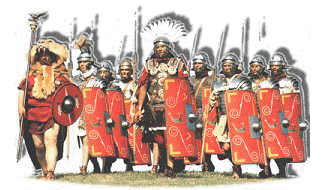
Then came the Romans. It all began with the successful invasion of Claudius’ in AD43 and would continue until around 400 years later–400 yeas that would change the island* forever. Starting in the south where towns, the most notable being London, as well as lavish villas started to spring up.
*Well not really all the island for while Cornwall and Wales were conquered they never fully fell under the Roman influence at the fringe (the Celtic Triangle) of the island and thus survived with minimal Roman influence. Scotland at the far north never suffered the Roman’s real rule and in fact the Romans built a wall to keep the Scots away and seemed happy not to have deal with the savage tribes of these climes. And Ireland was never approached so as to leave these lands much heavier in the Celtic traditions than the main lands of Britain.

Ovid 43 BC – c.17 AD
“It is convenient that there be gods, and, as it is convenient, let us believe that there are.”
 So the conquerors came and moved the tribes to a central government under a Roman governor. They brought towns and villas made of stone replacing the wood. They built forts, granaries, grand villas and of course the Roman’s greatest vice: the bath (above is the Roman building that still stands in a city named for their function: Bath).
So the conquerors came and moved the tribes to a central government under a Roman governor. They brought towns and villas made of stone replacing the wood. They built forts, granaries, grand villas and of course the Roman’s greatest vice: the bath (above is the Roman building that still stands in a city named for their function: Bath).
They created a working state from the feuding tribes of Britain; where all answered to the consistent laws of the land, and these former tribesmen even began taking Roman names, speaking Latin and to willingly become Roman citizens for they saw in this new order so much more than what they had before.

“Festina lente” – “Make haste slowly”. Roman Proverb
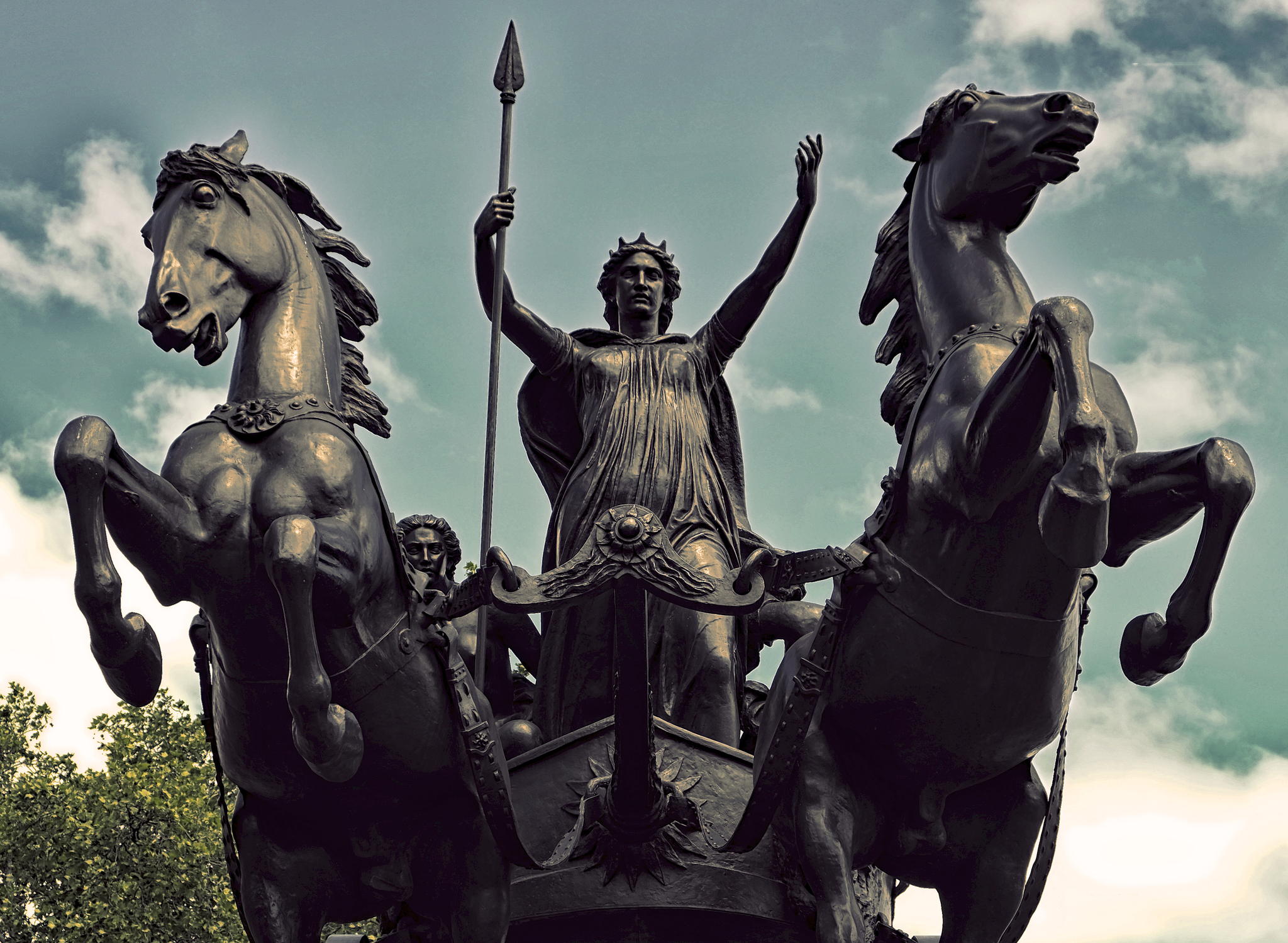
But there were issues: Boudicca of the Iceni (one of those tribes we’ve talked about) took offense when Romans killed her chieftain husband and later flogged her and raped her daughters in AD60. She went on to lead an outraged revolt destroying cities with many dead (some estimate as many as 70,000) and an entire legion routed. The Romans regrouped and fought back with Boudicca dying in AD61 but whether she took her life with poison or was murdered we will probably never know. She is still considered a symbol of British pride and power.
The Romans were defeated in Scotland in AD81, but won a victory in 83 somewhere along the north coast but they only had a fort half way built in the area when they were recalled. They did maintain some forts in the south, but unlike their English cousins the northern tribes wanted no part of the Roman’s cities and laws and continued to resist with the Romans finally with drawling in AD 100 to farther south and leaving the land to the uncontrollable tribes.
Hadrian’s wall along the northern frontier was started in AD119 and was maintained until AD 139 when Antonine’s wall was stated north of the existing wall. Completed in AD143 and stood till AD160’s when the uncontrollable tribes of the north decide to challenge the Romans again and the Romans retreated.

“Una salus victis nullam sperare salutem.” – “The one well being of the defeated is to not hope for well being.” By Virgil

By the late AD300s Britian was divided between two rulers and Roman troops were being withdrawn from the island to serve elsewhere even though as many of the Brits were Roman citizens they had a right to expect Roman troop protection and by AD406 the legions had gone as well as Roman coinage which ruined the British economy and yet they still held loyalty to the empire.
Finally in AD410 the Brits request assistance against the barbarians that were coming in after the Roman with drawl. The emperor’s reply was quick and final—not only would he not supply troops, which he insisted were busy else where, but that Britain was as far as Rome was concerned no longer part of the empire and they were on their own–the occupation was declared officially over, but it was a few years more before the entirety of the empire had completely withdrawn (about mid 4th century).

“a sword is never a killer, it is a tool in a killer’s hand” Senneca

With the loss of the Romans and their financing, the remaining British armies broke up, the villas sank into disrepair and many returned to farming. Crafts and other knowledge died out—a few centuries later and much of what had been was shrouded in mystery and legend.
Vikings and Anglo Saxons invaded and claimed lands and ruled the people with a much less enlightened point of reference than the Romans. Another power, not always peaceful its self stepped in as well–the Catholic church re-united the island with the rest of Europe and the Latin culture was maintained for many more years in monasteries and other religious institutions–it is noted that St. Patrick was of a Romanized British family, kidnapped and sold into slavery in Ireland by pirates. After escaping home he entered the church and later returned to Ireland to bring the church to his former captors.
To this day Rome is still part of Britain–in the words spoken, the buildings that still stand and the history which is common to both peoples. Much of their building styles (from pillars, to arches and much more) can be found in the modern British styles–even the idea of square houses can be traced back to their origins. That and so much more have help build this modern country —more examples of how the past does form the way we are today.

Silent enim leges inter arma” – “Laws are silent in times of war” spoken by Cicero.


PUZZLE–LARGE FLOOR FOR CHILDREN–4 DIFFERENT PUZZLES. (262295551184) $4.99
“Multa ferunt anni venientes commoda secum, Multa recedentes adimiunt.” – “The years as they come bring many agreeable things with them; as they go, they take many away.” Horace


COCA COLA MUSIC BOX WITH BOTTLE AND SKIING POLAR BEAR (262295547960) $26.99
